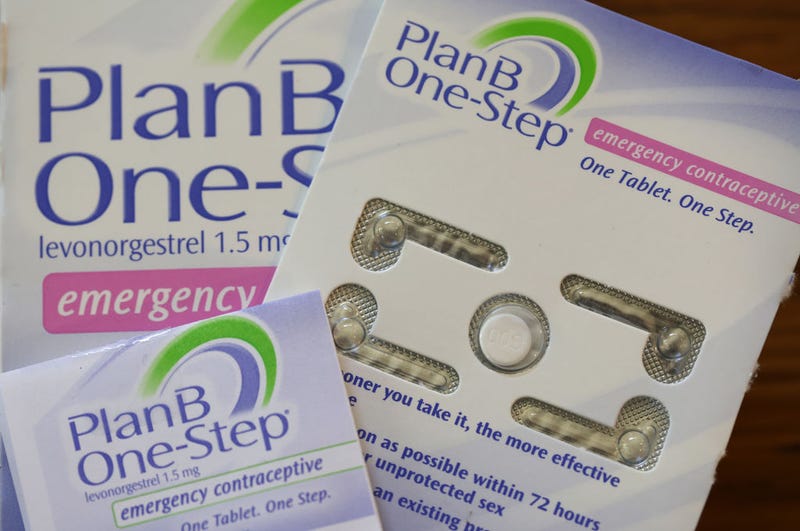
The number of women who have ever used emergency contraception after having sex has more than doubled since the so-called "morning after" pills were approved to be sold without a prescription.
The finding was revealed in the Centers for Disease Control and Prevention's National Survey of Family Growth, which looks at the most recent data available from 2015-2019.
Among females ages 15-44 who have had sex, 26.6% told CDC's survey through 2019 that they have ever turned to the emergency contraception pills, known by the brand name Plan B One-Step -- up from 10.8% from the previous survey period, between 2006-2010.
According to the data, a higher percentage of women living in urban areas had ever used emergency contraception (25.0%) compared with women in rural areas (15.9%), the survey shows.
Among female teens who have had sex, 22.3% said they had ever used emergency contraception, up from 13.7% through 2010, according to the survey.
Emergency contraception is used to reduce the chance of pregnancy after unprotected sex, if other birth control failed or was not used. It is not for routine contraceptive use and is not an abortion pill.
While emergency contraception pills have been approved by the Food and Drug Administration since 1998, the first options to buy them over-the-counter did not come until 2006. In 2013, Plan B One-Step it was approved for nonprescription use without age restrictions.
In its current form, Plan B One-Step includes one levonorgestrel pill (1.5 mg) to be taken within 72 hours of intercourse. Levonorgestrel is a synthetic hormone that has been used in birth control pills for over 35 years, according to the FDA. It works by stopping or delaying the release of an egg from the ovary and does not impact existing pregnancies.
Plan B One-Step has several generic version, including AfterPill, My Way, Next Choice One Dose, and Take Action.
